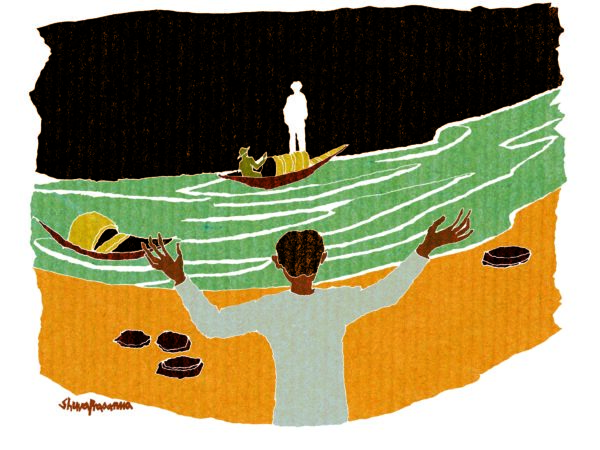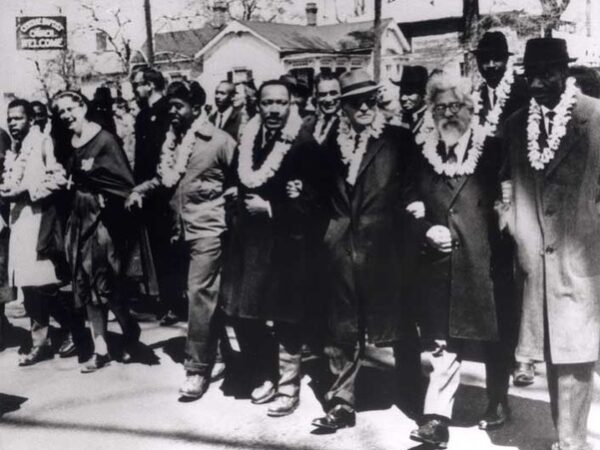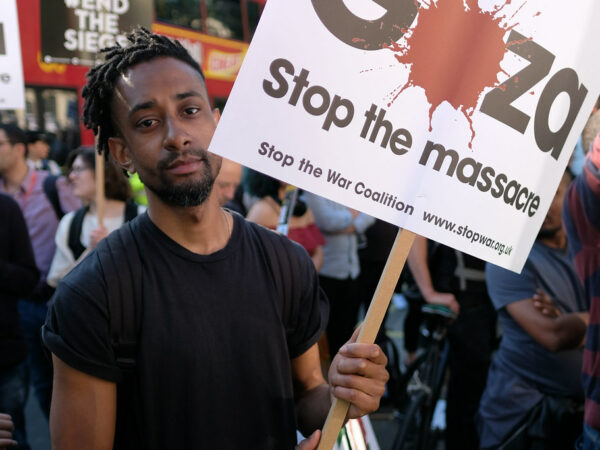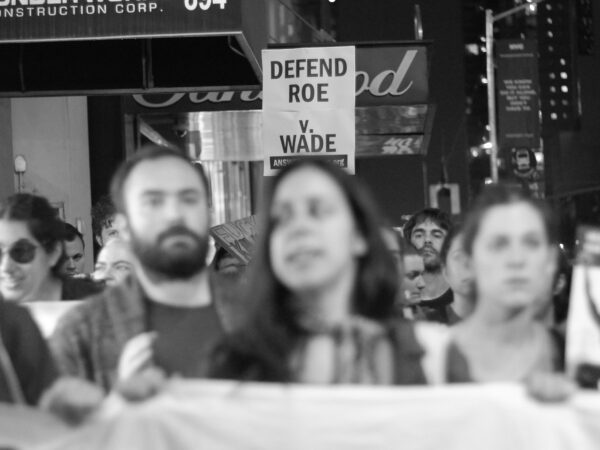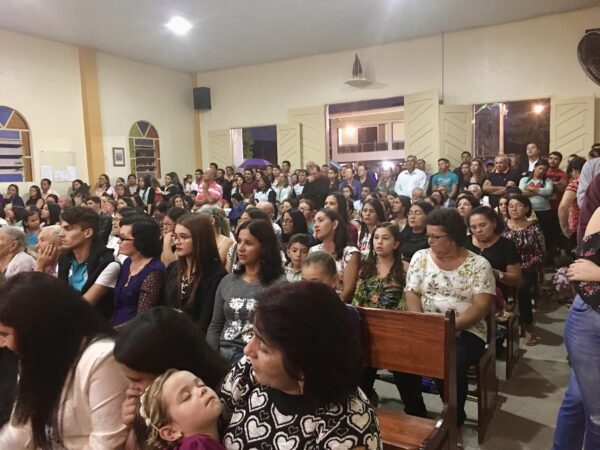
Reflections on a Catholic ‘gender paradox’: When womens’ desire for priests drives the Church’s ‘passionate machine’

…dialogues between these two disciplines have revolved around anthropology’s socially situated “is” and theology’s normative “ought,” asking how these disciplines can take what they are allegedly missing from each other. In this way, anthropology and theology recapitulate a much broader divide between religion (as a moral realm) and science (as a purely descriptive domain). This division is fairly recent, growing up since the late nineteenth century (Numbers 2010), but it is now part of our common-sense. I want to question this division in what follows.
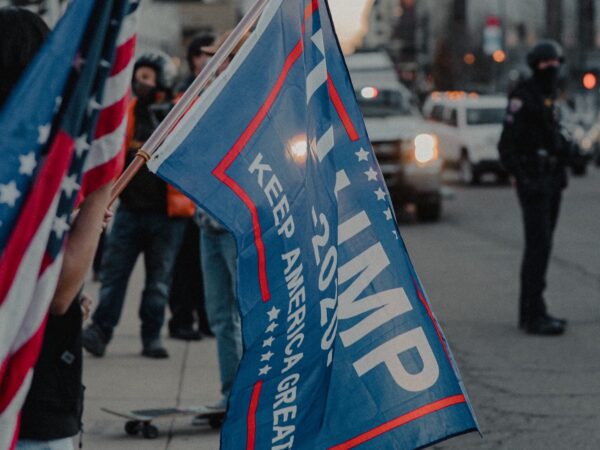
Why is populism persuasive and specifically persuasive to these religious Christians? Said another way, what makes right-wing populism seem, to deeply religious people, like the ‘ethical’ stance?

The best place to begin in bringing theology and anthropology closer together is with someone who did not write as if the two were separate, even opposed disciplines. Zora Neale Hurston carried out ethnographic fieldwork on behalf of Franz Boas, and yet, writing in multiple genres, articulated a theological vision that meshed the universal God with particular human experience: “Nothing that God ever made is the same thing to more than one person.”
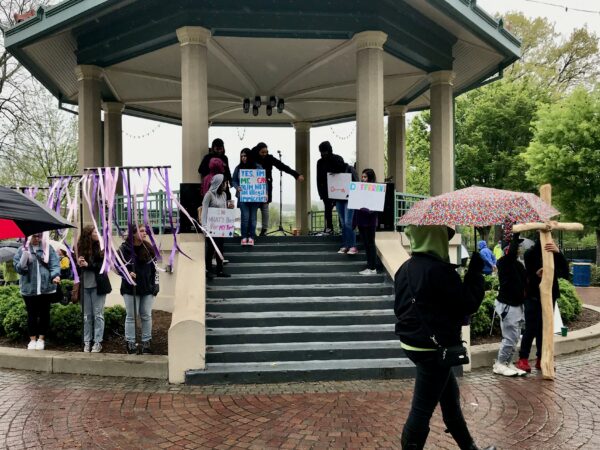
A common denominator among most scholarship on the relationship between theology and anthropology is lack of specificity around which and whose anthropology and theology we’re talking about. This overly generalized frame has privileged white, male, Eurocentric intellectual traditions and misses the generative possibilities of a more specific interdisciplinary exchange.

